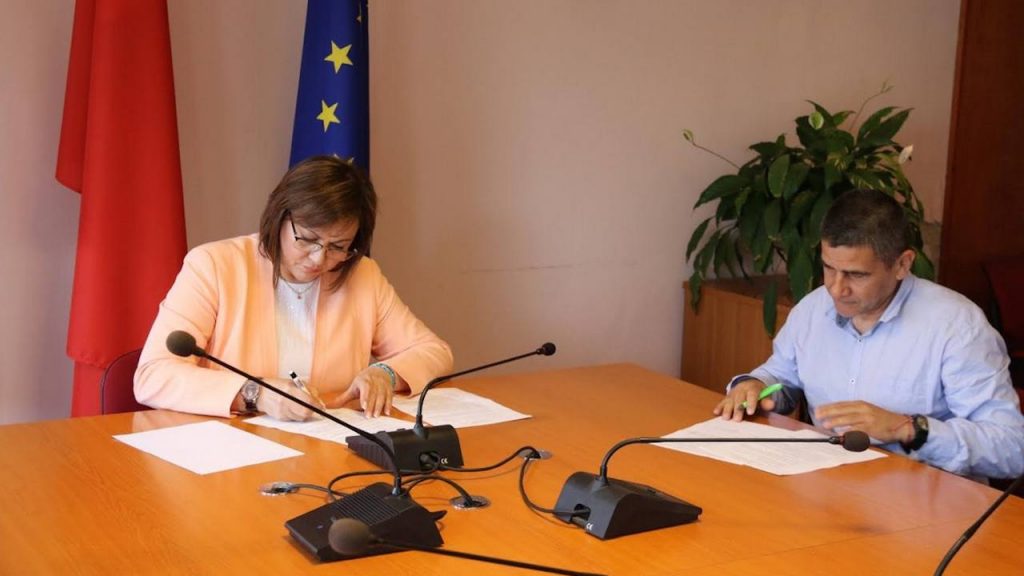In many European countries the first parliamentary elections are coming right at the end of the Covid-19 crisis.
The pandemic has raised many issues related to social policy, health and education, leading to a rise in interest in left-wing formations and policies.
In Bulgaria, Socialist Party leader Cornelia Ninova has formed a large left-wing coalition that is being viewed by many as a model example.
It’s being watched with considerable curiosity by other left-wing formations who are in search of electoral success.
Ninova has signed an agreement with three smaller parties, one of which is led by Georgi Parvanov, the former president of Bulgaria.
“This is not an easy coalition, but it is necessary for Bulgaria,” Ninova said when announcing the agreement.
The allies will appear with a joint list at the elections on July 11th.
The Socialist formation is expected to pave the way for more parties and civil organisations with common policies and grounds.
In what amounts to revolutionary progress for Bulgaria in the fight against corrupt elections, these will be the first elections in which voting will be done entirely with the help of voting machines, except in small polling sections where there are fewer than 300 voters.
And for the first time there will be no restrictions on the number of polling sections abroad – previously, there were up to 35 for non-EU countries.
Post-Brexit, the UK falls into this category and a record number of Bulgarians are expected to vote on the island. They are one of the largest Bulgarian groups outside Bulgaria, and as of May 2021, more than 260,000 have applied for a permanent residence in Britain – and that number is growing.
At the last elections in April there were 13 polling sections in London alone, and 22 more in other cities across the UK. Voters waited for hours to exercise their right to vote, especially in London, Chester and Nottingham. In total, more than 32,000 Bulgarians voted in the UK.

